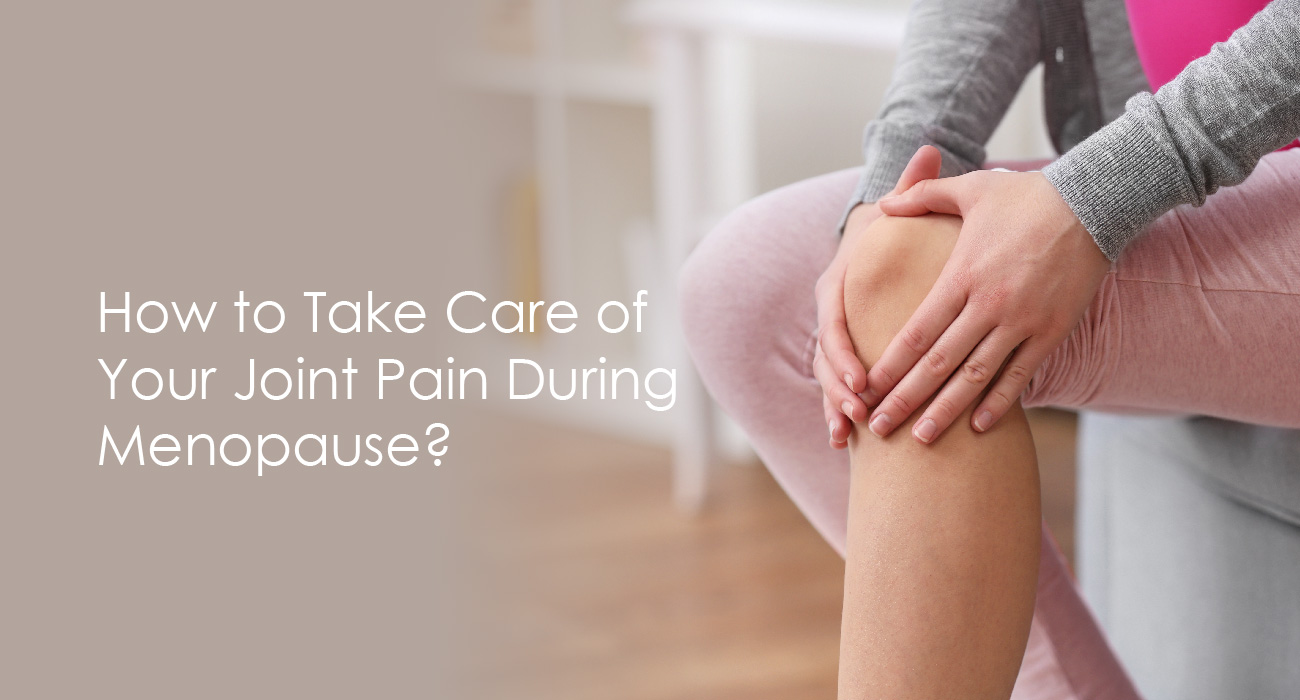05/30/2022
Menopause occurs when you no longer have your periods and are unable to become pregnant. Low hormone levels in the body can cause a variety of symptoms. Body aches and aches in the joints are common symptoms of menopause, and a rise in arthritis is common at this time. All of the body's joints can be affected. As per our experts practicing in an Orthopedic hospital in Jaipur, women suffering from menopausal arthritis often tend to ignore the symptoms. However, this should be addressed as soon as possible. Here we have discussed the same.
Understanding Menopausal Arthritis:
Estrogen is essential for bone and joint function, as well as brain, heart, and skin health. Human joint cartilage has estrogen receptors. Estrogen's anti-inflammatory properties protect the joint and cartilage. Estrogen also aids with bone formation.
Women often reach menopause between the ages of 45 and 55. Menopause produces a decrease in estrogen hormone levels, which has a harmful effect on bones and joints. Joint discomfort is a frequent menopause symptom that can be severe due to decreased mobility and flexibility. Thinning of the bones, commonly known as osteoporosis, is a prevalent cause of bone weakening that leads to fractures, particularly in menopausal women.
When should you seek medical help for Menopausal Joint Pain?
As suggested by Orthopedic doctors in Jaipur, the following are the symptoms that you should look for-
- You have a painful joint that is red and hot.
- You have been injured and believe you may have broken a bone; you have a high or low temperature and feel very ill or dizzy; you have a rapid heart rate or rapid breathing;
- If you're confused, drowsy, or having difficulty speaking,
- You haven't urinated all day.
- If you have any of the following symptoms, you should consult a doctor as soon as possible:
- Severe night sweats with weight loss or enlarged glands:
- Swelling, bloodshot joints
- appetite loss
- stiffness in your joints in the morning.
- a high temperature
- nighttime discomfort
- severe exhaustion.
- An inflammatory bowel disease history
If you have generalised joint pains during the menopause but no other concerning symptoms, you should consult your doctor. Speak with your doctor if your symptoms do not improve with self-care techniques or if they return repeatedly.
Available treatment options for Menopausal Joint Pain:
There are several options that can bring you relief from menopausal joint pain. We have mentioned a few of them below that you can include in your everyday lifestyle.
- Lose a few Pounds- Controlling your weight if you are overweight or obese can help with musculoskeletal discomfort. It's a good idea to begin exercising softly and gradually increase the intensity to reduce stress.
- Manage your Stress Level- Joint discomfort can sometimes be exacerbated by stress. Pain and stiffness can be exacerbated if you are nervous or sad. Cognitive-behavioral therapy (CBT) can help you modify the way you think about joint pain and stop the loop of pain, low mood, worry, and anxiety by allowing you to obtain adequate quality sleep. Pain often feels worse when you're fatigued or sleep-deprived. A decent night's sleep is thus essential.
- Follow an exercise Regime- training your body strength and posture to help relieve muscular and joint pain and enhance your overall health.
- Use your Joints- Using your joints is the best method to keep them healthy and flexible. As we age, our activity levels decrease, our weight increases, and joint stiffness develops. It's never too late to break the cycle. Yoga or formal stretching is an excellent way to increase flexibility and circulate synovial fluid around the joint.
- Hormone Replacement Therapy (HRT)- HRT in the form of oestrogen treatment has been shown to cause a sustained reduction in joint pain following the menopause. There are several types of HRT available; speak with your doctor about which options are best for you.
When a woman is active and flexible but the pain or discomfort persists, her doctor can determine whether hormone replacement therapy will help.
- OTC Medicines- Simple painkillers may help ease joint pain and stiffness, as might anti-inflammatory gel rubs or tablets. However, speak with your pharmacist or doctor first to ensure they are safe for you to use.
If you or a loved one is approaching menopause and experiencing menopausal arthritis, consult our doctors at the best hospital in Jaipur and have your concerns addressed.

